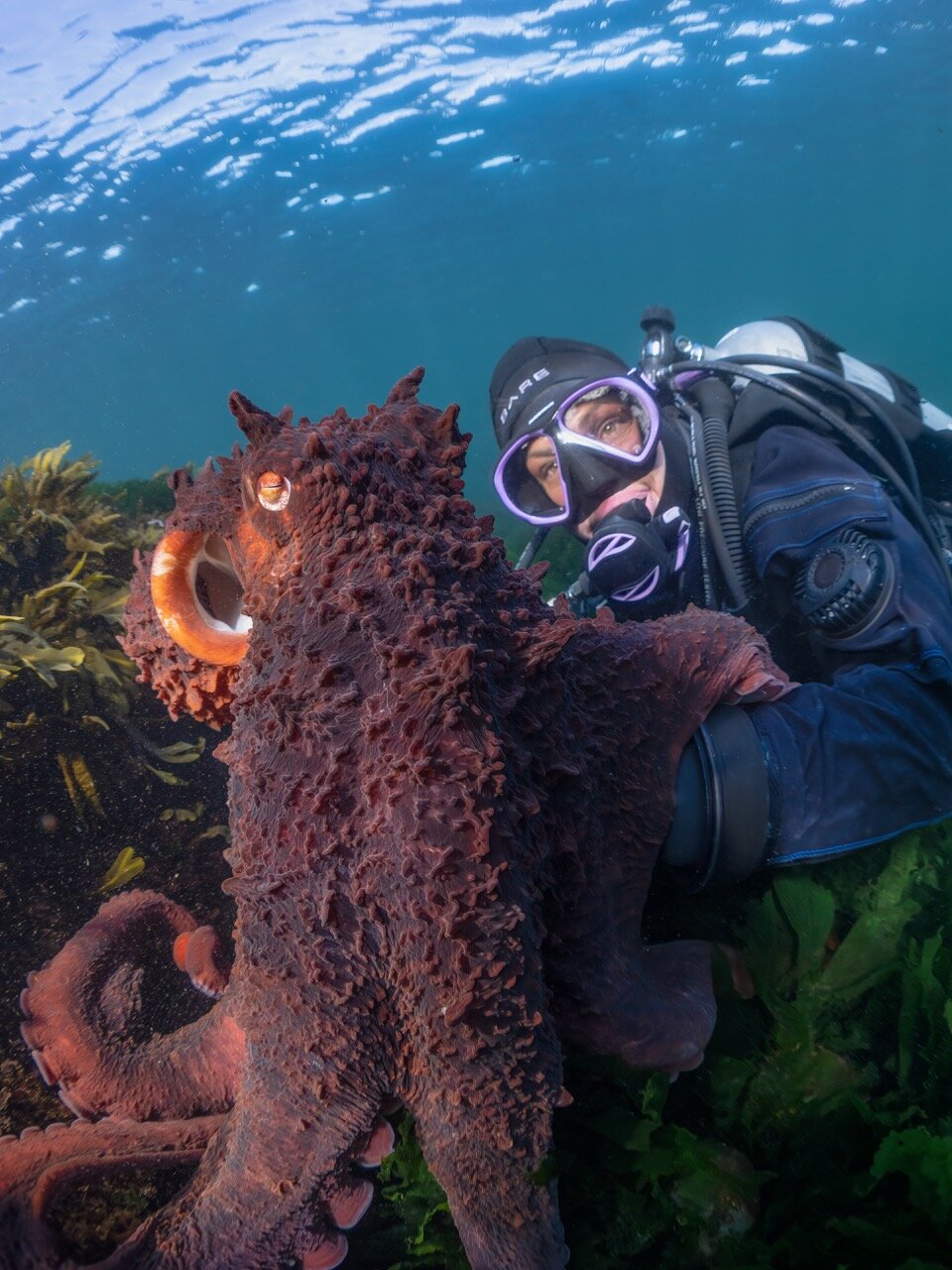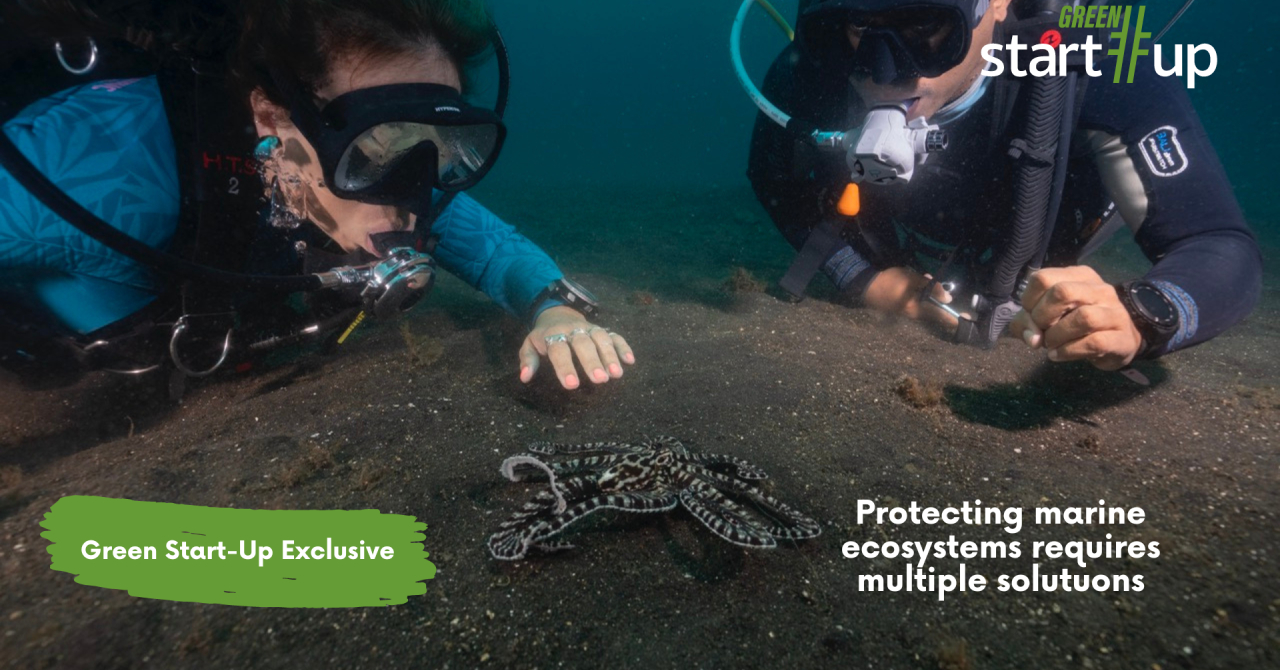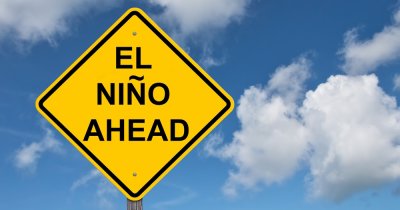Alex was part of the team that envisioned and created the documentary entitled "Secrets of the Octopus", which will be first transmitted in Romania on the Nat Geo Wild TV Channel during Earth Day, April 22nd.
Alex knew that she wanted to study marine ecosystems from a very young age, as a kid that grew up in Sydney, Australia. "I feel like I just belong in the ocean and from the very young age of five I decided I wanted to be a marine biologist and I went into study marine biology, but I was very interested in behavior more than anything", she shared with Green Start-up.
Researchers are still finding new things about octopuses, as it is the case for other marine creatures. One of the purposes of the documentary, Alex told us, was to discover what similarities are between humans and octopuses.
"For the longest time, octopuses were just considered alien that they have no bones, they have a beak like a parrot, blue blood and three hearts. But now, what we're seeing through the study of their minds is that they're showing traits that we might normally associate with large brain vertebrates like chimpanzees, elephants and dolphins", Alex explained for Green Start-Up.
But now after the extensive research, scientists have been able to determine that octopuses are in fact intelligent animals, but also vulnerable and not just to natural predators.
"They can use tools, they can hunt collaboratively and they also have the capacity to experience emotions, negative emotions and this what a lot of the studies have showed because there's not as much research into positive emotions, but they can feel pain and show fear and be depressed."
All 300 species of octopus that habit our planet are found in every sea and ocean, which is why it's even more critical that we protect these fragile ecosystems. Oceans cover up around 70% of our planet and climate change affects them just as much as any other ecosystem. Increasing CO2 levels cause temperatures to rise, which in turn lead to the melting of glaciers and acidification.
Alex hopes that as the ambassador of the series, the octopus can change people's mentality and perception of marine wildlife and why it is important to conserve as much as we possibly can.
Coral reefs, the backbone of marine ecosystems
The Great Barrier Reef is the largest living structure on Earth, being visible even from space and it stretches through more than 2.300 kilometers. At the same time this is home to more than 1.500 tropical fish that share this place with dolphins, whales, birds and giant clams.

To study octopuses more accurately, Alex formed "a relationship with Scarlett. She's a day octopus. She lives on the Great Barrier Reef and when we went there the reef was really pristine. I had a few colleagues go out there a couple of weeks ago, and it's devastating what we're seeing, because we've just experienced one of our hottest summers and the coral bleaching is the biggest bleaching event that it's experienced and so it's unrecognizable."
Coral bleaching can have severe impacts on all marine fauna, since coral reefs are home to many marine creatures and global warming can cause massive changes in a relatively short span of time.
This is about "all the diverse animals that we share our planet with, because a lot of them play a really important part in the food web, octopuses in particular. They're not top predators, they're not bottom prey. They sit somewhere in the middle."
"Even we're seeing first hand with a particular environment that we went to shoot for the series how much it's turned around in the past two years for the worse", Alex explains.
The thing is that we can't point at a single issue that alters our planet's oceans, such as inappropriate waste disposal for example, and there are multiple things we need to think about and correct if we want to make sure that the wildlife will thrive.
Alex believes that "the huge issue is the biodiversity loss and this is happening because of the waste, overfishing, climate change and so we're losing species at a high rate, species that we don't even know about are being lost to us."
More studies need to be conducted so that we can truly figure out how our oceans feel the effects caused by these external factors, especially the drugs that are being dumped by waterways.
Studying comparative cognition, the key to understanding intelligent wildlife
To determine the special traits of different wildlife, Alex and her team adapted a special test created by the Stanford University back in the 70s to test the self-control of various animals.
"We train them to understand that certain foods will be available immediately, better foods are going to be available after a delay and then they're given a choice to say 'Well you can eat the less preferred food straight away or if you don't touch that you can wait for a few minutes and wait for the better award", Alex Schnell told Green Start-Up.

Comparative cognition implies studying the behaviors of various intelligent animals in similar situations to figure out how intelligence evolved for them and what type of abilities some bear, compared to others.
But what can we do in order to protect our planet's ecosystems? Alex believes there's no single solution for this problem, but rather multiple things we need to consider carefully.
"I think that people have really powerful choices to make. Start thinking about where the clothes come from that we wear, where the food come from that we consume. Is it ethical? Is it environmentally friendly and then beyond our own choices, start supporting businesses that have the same environmental morals that align with our own".
She also believes that supporting the politicians that fight for the benefit of the ecosystems and can definitely have a huge positive impact on how the future of our planet will be shaped, which is why collective action is the ideal solution.
 Mihai - Cristian Ioniță
Mihai - Cristian Ioniță












Any thoughts?